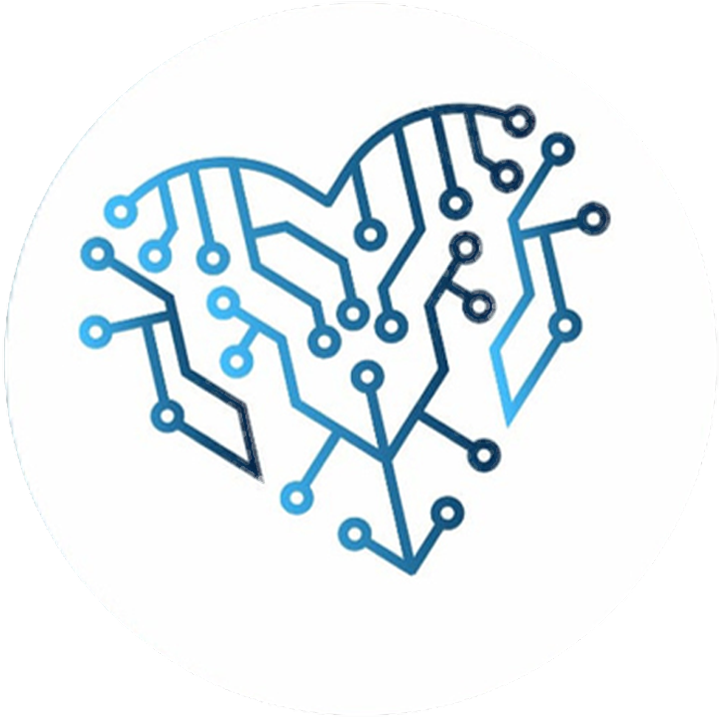AUTHOR
Rina Prabawati
Gancar C Premananto
DESCRIPTION
In business, for strategic decision-making, data is the key. Processing data into supporting information is currently perceived as not really being able to meet the needs where current data processing still requires a long and complicated time. Starting from data collection, determining models and analysis techniques, conducting tests to drawing conclusions. On the other hand, the media industry is currently faced with technological changes. Information technology in its form as new media that uses the internet has emerged and provides new alternatives. The digital revolution has occurred, which is a convergence between communication, content and computers. The integration process between communication (telecommunication and broadcasting networks), media (content providers), computing processes (information technology) has become a new force in the field of communication and media. The media (television) must also be able to adjust itself to become a medium that suits the needs of its consumers, which can consist of various technologies and a diversity of different applications, services and content. Mass media must be able to create tools to carry out digital transformation and have a positive impact on society. Because the media as a strategic industry as the role of behavior changer in society. Related to this, digital transformation that cannot be separated from media competence is digital transformation in the world of research and education replacing conventional research and survey activities. With digital transformation in that field, media companies (television) can provide new experiences in digital research that can later be used interactively with TV media without regional boundaries.

